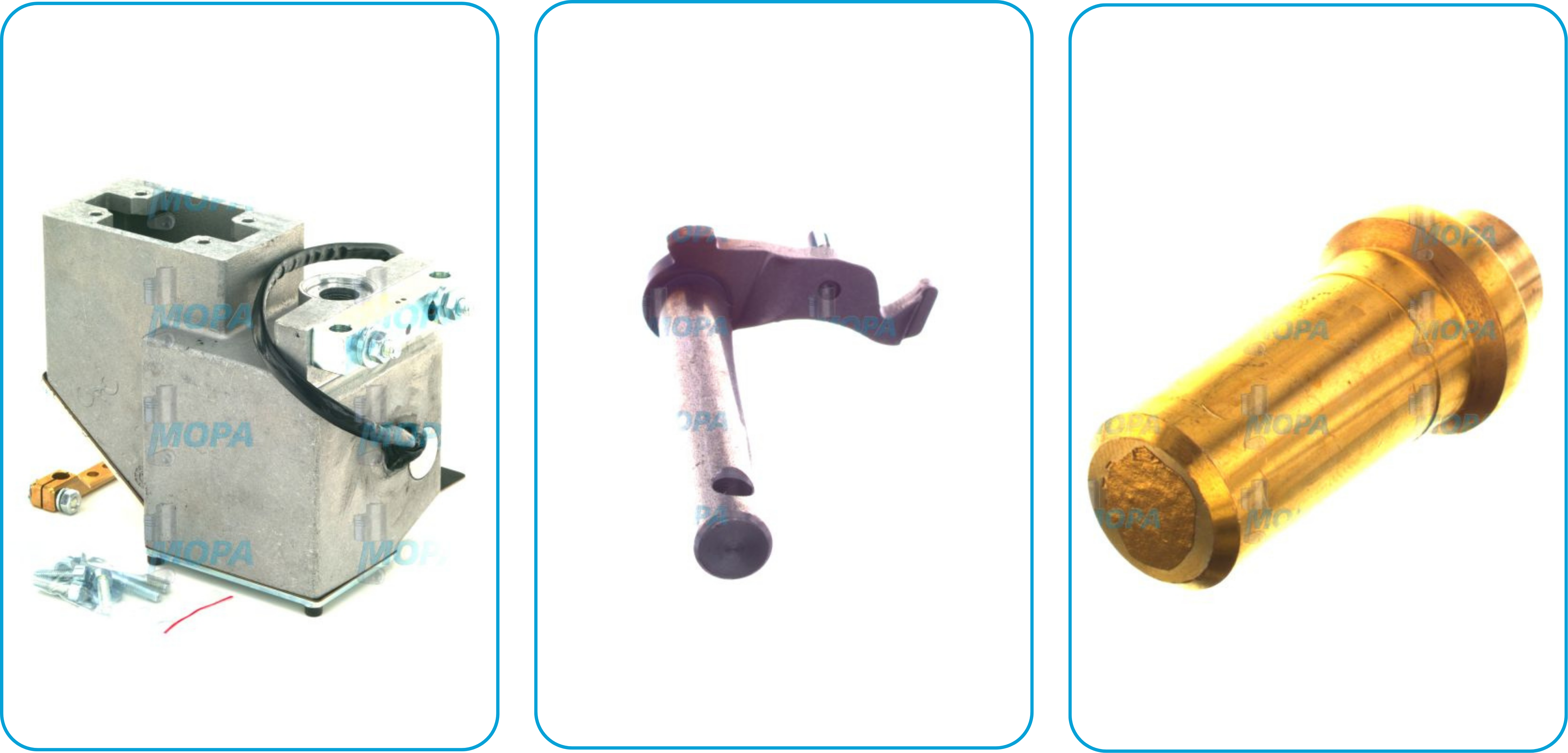Engine control system – precision management for modern engines
The engine control system is the central unit that monitors, regulates and optimizes all critical functions of a combustion engine. From fuel injection to ignition timing, a high-performance engine control system ensures smooth operation, efficient fuel consumption and compliance with emission standards. In marine and industrial settings, reliable motor controls and marine controls are essential for performance and safety.
Choose from following:
Function and benefits
Modern engine controls manage hundreds of data points per second – including engine speed, temperature, pressure, air flow and load. Based on this data, the engine control system adjusts key functions such as:
- Fuel injection and air-fuel ratio
- Ignition timing and combustion control
- Exhaust gas recirculation and turbocharging
This dynamic regulation leads to better engine efficiency, fewer emissions and longer service life. In marine controls, it also improves vessel maneuverability and protects the drivetrain from overload.
Replacement and compatibility
When faults occur or upgrades are required, engine control module replacement becomes necessary. Compatibility with existing engine hardware and software is crucial. Our replacement modules and motor controls are OEM-parts and suitable for systems from MTU, MAN, Volvo Penta, Deutz and MWM.
Control units must be resistant to vibration, temperature fluctuations and electromagnetic interference – especially in marine or industrial environments.
Integration and diagnostics
A typical engine control system is integrated with sensors, actuators and displays. It interfaces with the onboard diagnostic system and external monitoring tools. Advanced systems include remote access, data logging and custom control profiles for different load scenarios.

FAQ
What is a motor controller?
A motor controller is an electronic device that regulates the operation of an electric or combustion motor. It adjusts speed, torque, start/stop sequences and other parameters based on input from sensors or operator commands.
When should an engine control module be replaced?
An engine control module should be replaced when it fails to communicate with the engine, triggers fault codes that cannot be cleared, or shows signs of internal failure such as overheating, corrosion or burnt circuits.
Are marine control systems different from land-based engine systems?
Yes. Marine controls are specifically designed to handle constant vibration, humidity, salt exposure and dynamic load changes. They also often include integrated safety systems for propulsion and steering control, which are not present in land-based applications.
